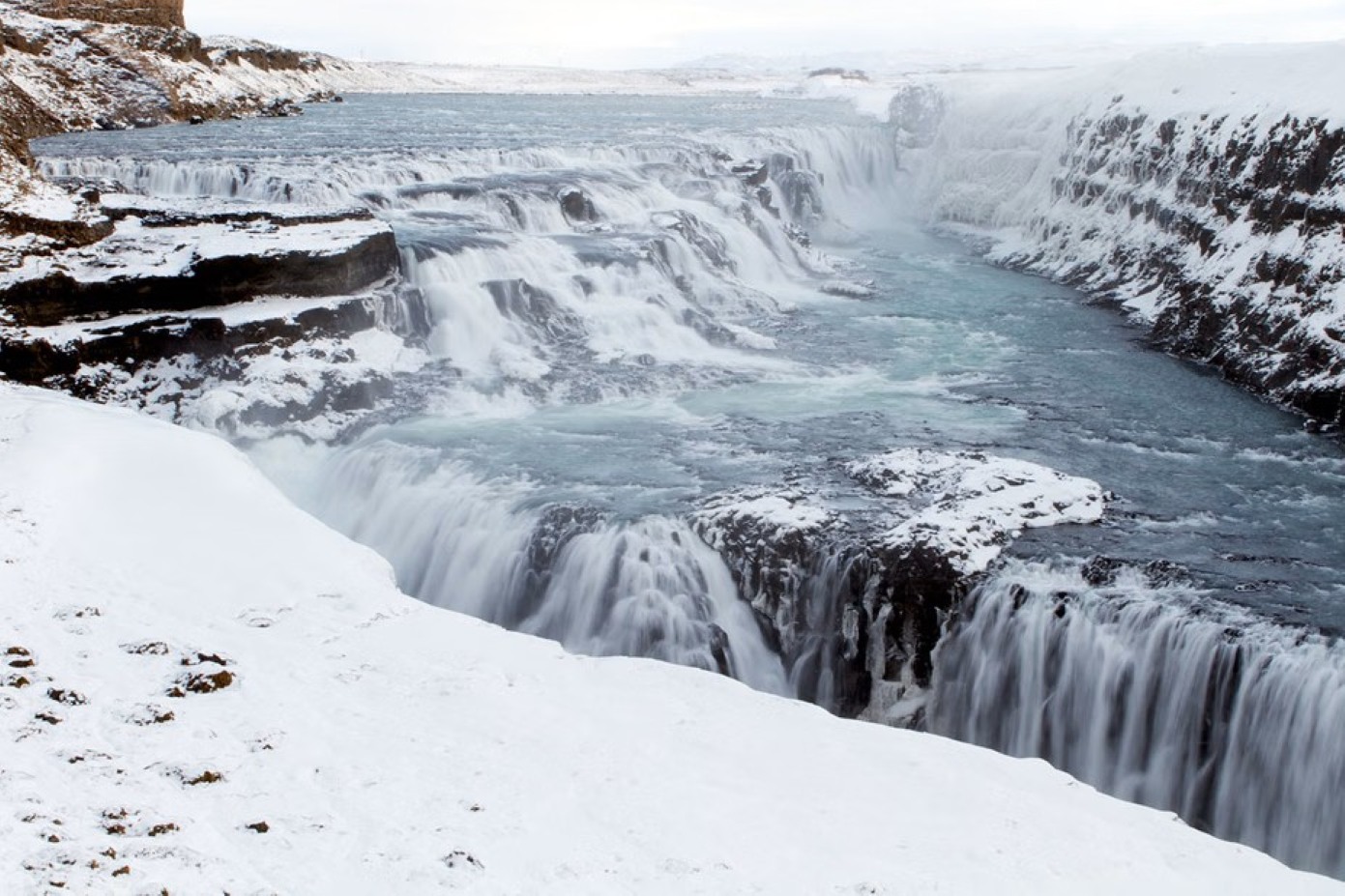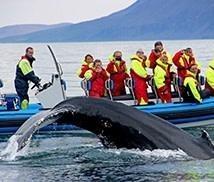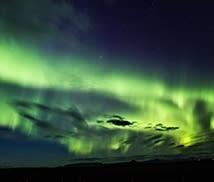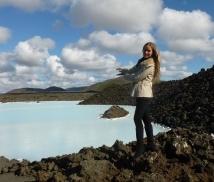WEATHER IN ICELAND – CLIMATE IN ICELAND

Many people assume, based on its name, that Iceland must be an unbearably cold and icy country with little reason to visit. In reality, nothing could be further from the truth. The climate in Iceland—often called the “land of ice and fire”—is surprisingly mild, thanks to the Gulf Stream, and is one of the most fascinating aspects of traveling here.
The story goes that Iceland’s early settlers deliberately chose the name Iceland to discourage outsiders from coming, while calling the much colder Greenland something more inviting. Today, we know the truth: Iceland’s climate is much more welcoming than its name suggests.
You can always check the latest Iceland Weather Forecast before your trip.
Why Iceland Is Milder Than Expected
Iceland’s relatively mild climate, despite its northern latitude, is due to the Gulf Stream. This powerful ocean current, originating near Florida and the Yucatán, carries warm Atlantic water across the ocean, raising Iceland’s average temperatures by several degrees compared to other countries on the same latitude.
As a result, Iceland’s winters are often comparable to those in central Europe, such as Germany, rather than the Arctic extremes many expect. If the Gulf Stream shifted or cooled significantly, Iceland would indeed be much harsher and possibly uninhabitable—but for now, it remains temperate and livable.
Average Temperatures in Reykjavík
-
Annual average: 5°C (41°F)
-
January average: –0.5°C (31°F)
-
July average: 11–12°C (52–54°F)
Weather is famously unpredictable. As Icelanders say: “Don’t like the weather? Just wait five minutes.” It’s not unusual to experience sunshine, rain, wind, and even snow all in a single day.
Be Prepared for All Seasons
Even in summer, you might need a warm jacket, while in winter, you can sometimes enjoy surprisingly mild days. Occasionally, summer brings highs of 25–28°C (77–82°F), while in winter, storms can bring snow and strong winds.
This variability means that layers and waterproof gear are essential—something to keep in mind when packing for your trip.
Unique Weather Phenomena
-
Northern Lights (Aurora Borealis): Visible from late August to early April on clear, dark nights.
-
Rainbows: Frequent and often enormous, thanks to a mix of sun and showers.
-
Midnight Sun: In June and July, the sun barely sets, offering near 24-hour daylight.
Daylight Hours in Iceland
Winter days are short, with only 4–5 hours of daylight in December. By mid-February, daylight already stretches from about 9:00 to 17:30. In contrast, summer offers endless light, with the sun barely dipping below the horizon in June.
Average Sunrise and Sunset Times in Reykjavík
| Month | Sunrise | Sunset |
|---|---|---|
| January | 11:19 | 15:44 |
| February | 09:56 | 17:29 |
| March | 08:22 | 18:58 |
| April | 06:43 | 20:22 |
| May | 04:40 | 22:11 |
| June | 03:16 | 23:38 |
| July | 03:07 | 23:55 |
| August | 04:49 | 22:15 |
| September | 06:15 | 20:37 |
| October | 07:36 | 18:58 |
| November | 09:23 | 16:59 |
| December | 10:50 | 15:44 |
(Source: University of Iceland, Icelandic Weather Bureau)
Average Temperatures, Sunlight Hours & Rainfall in Reykjavík
| Month | Avg. Temp (°C) | Sun Hours | Rainfall (mm) |
|---|---|---|---|
| January | –0.5 | 27 | 75.6 |
| February | 0.4 | 52 | 71.8 |
| March | 0.5 | 111 | 81.8 |
| April | 2.9 | 140 | 58.3 |
| May | 6.3 | 192 | 43.8 |
| June | 9.0 | 161 | 50.8 |
| July | 10.6 | 171 | 51.8 |
| August | 10.3 | 155 | 61.8 |
| September | 7.6 | 125 | 66.5 |
| October | 4.4 | 83 | 85.6 |
| November | 1.1 | 38 | 72.5 |
| December | –0.2 | 12 | 78.7 |
| Annual | 5.0 | 1,268 | 798.8 |
(Source: University of Iceland, Icelandic Weather Bureau)
Contact:
Email:
Tel: (+354) 522 6000
Important Note: These data are only informative. ICELAND s.r.o. (www.viajesislandia.com) is not responsible for the validity and updates of the information offered and translated. These data are published for informational purposes only and we cannot be responsible for their validity at all times. ID-805

 ES
ES  EN
EN 





